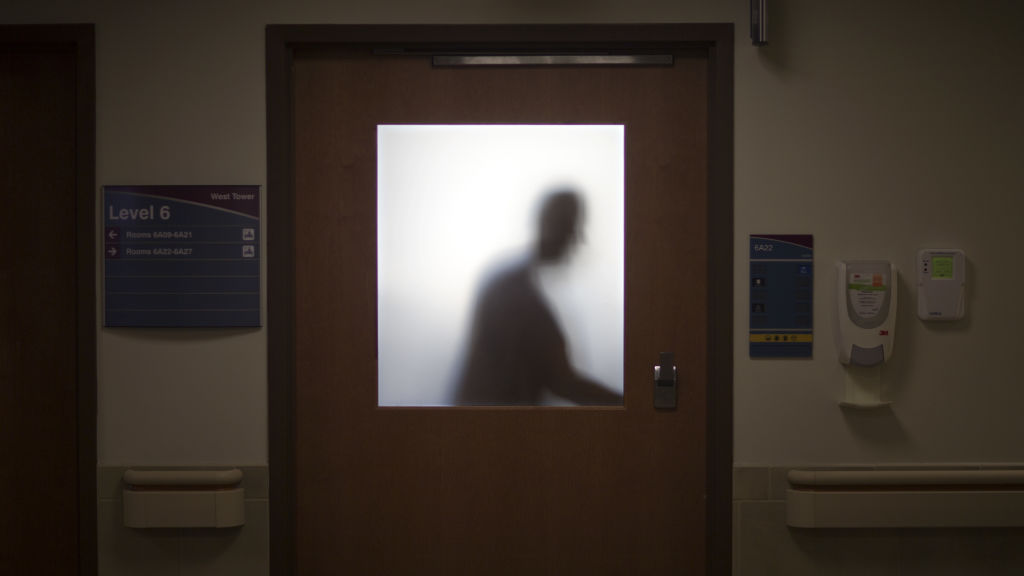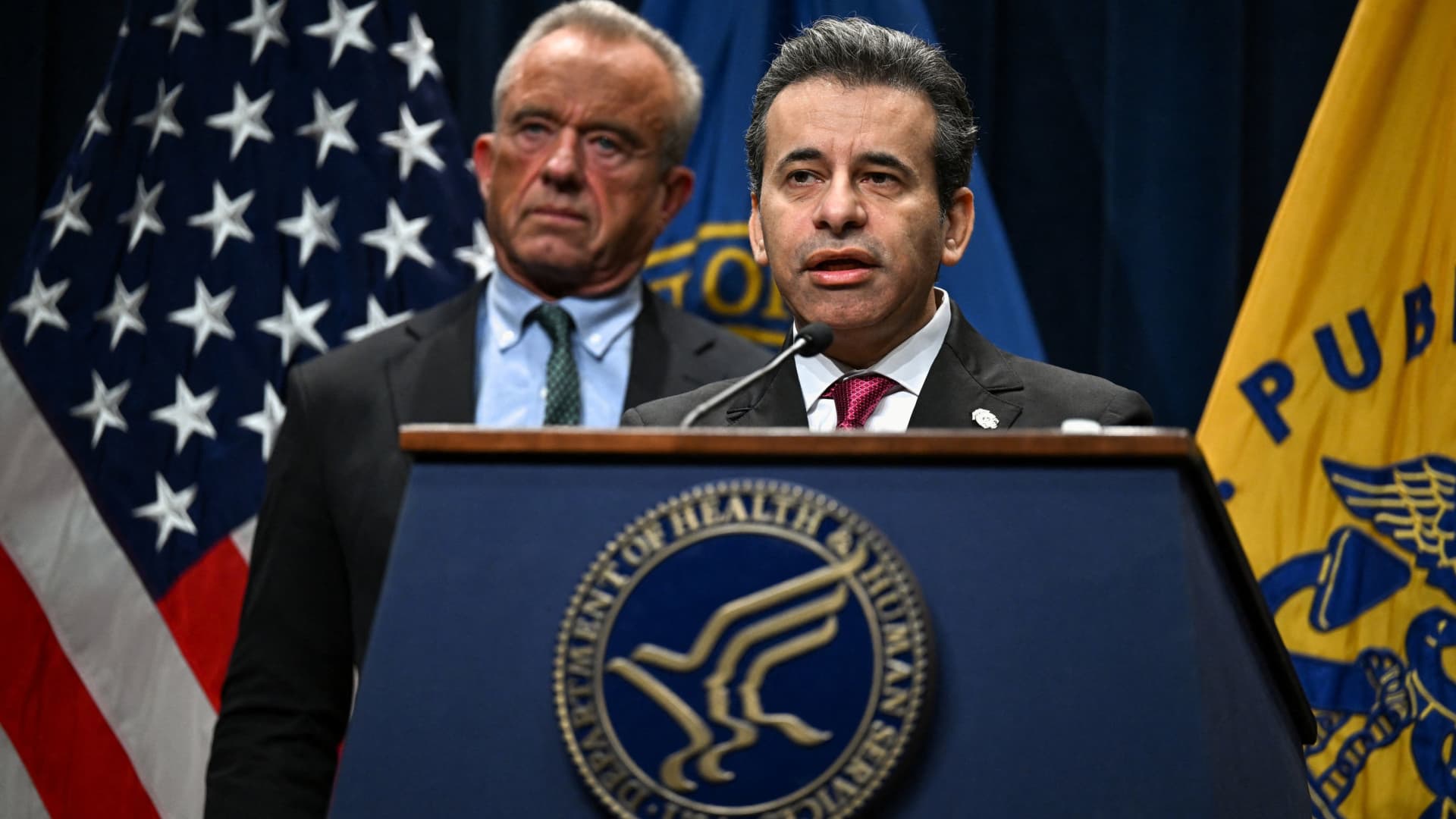Copyright MassLive

A defense lawyer in the case of Lindsay Clancy, a mother accused of killing her three children, asked a Plymouth Superior Court judge to further delay her trial, currently scheduled for February 2026. In a motion agreed to by prosecutors, attorney Kevin Reddington asked for a trial date on or after May 11, 2026. In support of the motion, Reddington noted that there are still several issues to sort out in Clancy’s case, including evaluation of the 35-year-old by government psychologists, Clancy’s consultation with a toxicologist and psychopharmacologist, and the filing of several pretrial motions. “Both trial counsel have had numerous matters before the courts of the Commonwealth for trial in the past six months and are docketed with cases up to and including the February date presently scheduled for trial,” Reddington wrote. The motion came about a month after Reddington first floated moving the trial date, which Judge William Sullivan appeared hesitant to do. “That date has been there for quite a while, so I’m really reluctant to move that trial date,” Sullivan said at a hearing in late September. The trial date has already been postponed several times: Sullivan first set a Dec. 1, 2025, trial date, then pushed the case back to January 2026. The trial was pushed back another month to the current date, Feb. 9, 2026. Clancy has pleaded not guilty to the three counts of murder and three counts of strangulation in connection with the deaths of her children, Cora, 5, Dawson, 3, and 7-month-old Callan. She is pursuing a defense of lack of criminal responsibility, otherwise known as an “insanity defense.” By arguing a lack of criminal responsibility, Clancy is essentially conceding that she committed the crime she is accused of — killing her children — but could not understand the consequences of her actions because of her mental state at the time. If Clancy is ultimately acquitted at trial because jurors determine she is not criminally responsible for her actions, she would be committed to a mental health facility or to Bridgewater State Hospital. Reddington, Clancy’s lawyer, has said she was suffering from severe mental illness at the time of her children’s killings, dealing with overmedication and grappling with postpartum depression. “She obviously had no reason to kill those three beautiful children,” Reddington said during a court appearance. “You have to ask yourself why. Why? And when you ask yourself why, you consider all these factors, it’s readily apparent that this woman was a troubled soul.” Prosecutors have sought to portray Clancy as a calculated killer who meticulously plotted to kill her children, sending her husband away to run errands and pick up food with enough time for her to commit the killings.



